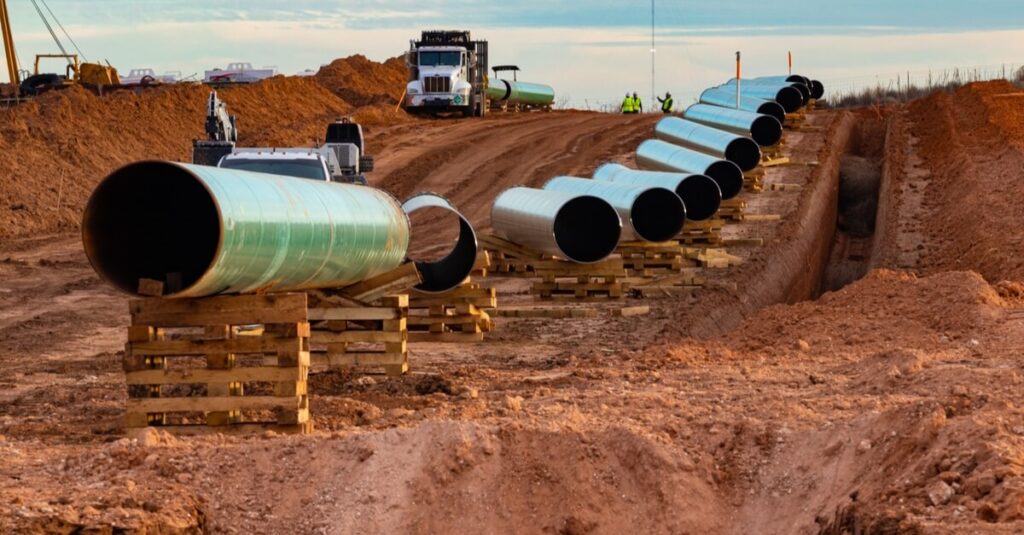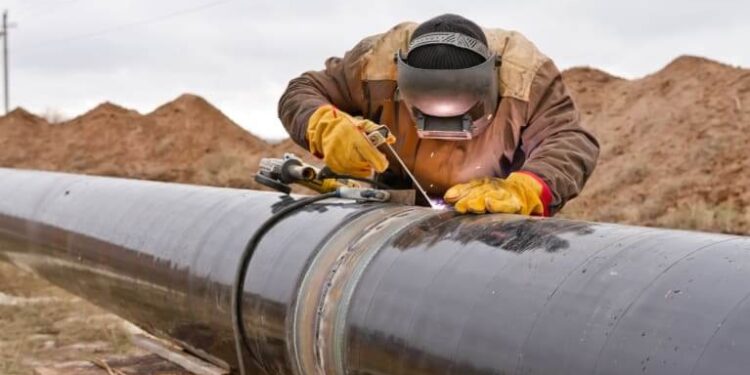Uganda is in advanced talks with Chinese export credit agency SINOSURE to provide credit for its crude oil pipeline after pressure from environmentalists forced some Western banks to recoil from the project, a top official said on Monday.
The 1,445-kilometre (898-mile) East African Crude Oil Pipeline (EACOP) is planned to help Uganda export its crude from oilfields in the country’s west via a port on Tanzania’s Indian Ocean coast.
It is co-owned by the government of Uganda, France’s TotalEnergies (TTEF.PA), China’s CNOOC (0883.HK) and Tanzania’s Tanzania Petroleum Development Corporation (TPDC).

The project will cost $5 billion, including the cost of credit and 40% of the money will be raised through debt while the rest will come from equity, Irene Bateebe, permanent secretary for Uganda’s Ministry of Energy and Mineral Development told Reuters.
Advertisement · Scroll to continue
“Together with others we are raising some financing through SINOSURE which is going to be one of our biggest contributors to the debt,” she said.
“We are working towards financial close. So we are at the tail-end of the discussions for the financial close and we are confident by the end of October of this year we should close the debt component.”
Bateebe did not give an exact amount of how much money SINOSURE would be providing in credit.
She said they had faced frustration with Western banks after environmental groups pressured the lenders to desist from funding the project on grounds the pipeline would ruin the environment and contribute to rising carbon emissions.
“You then look at who is your other friend … we did have other friends who were willing to come onboard and that’s where we looked, we became eastern-looking,” she said.
In 2021, more than 260 groups, including Greenpeace and Friends of the Earth, signed a letter urging banks not to finance the project. Human Rights Watch has also denounced the pipeline.
Germany lender Deutsche Bank (DBKGn.DE) has since said it will not be involved in financing the pipeline.
Uganda discovered oil deposits more than ten years ago and commercial production is expected to begin in 2025.
Source: Reuters







